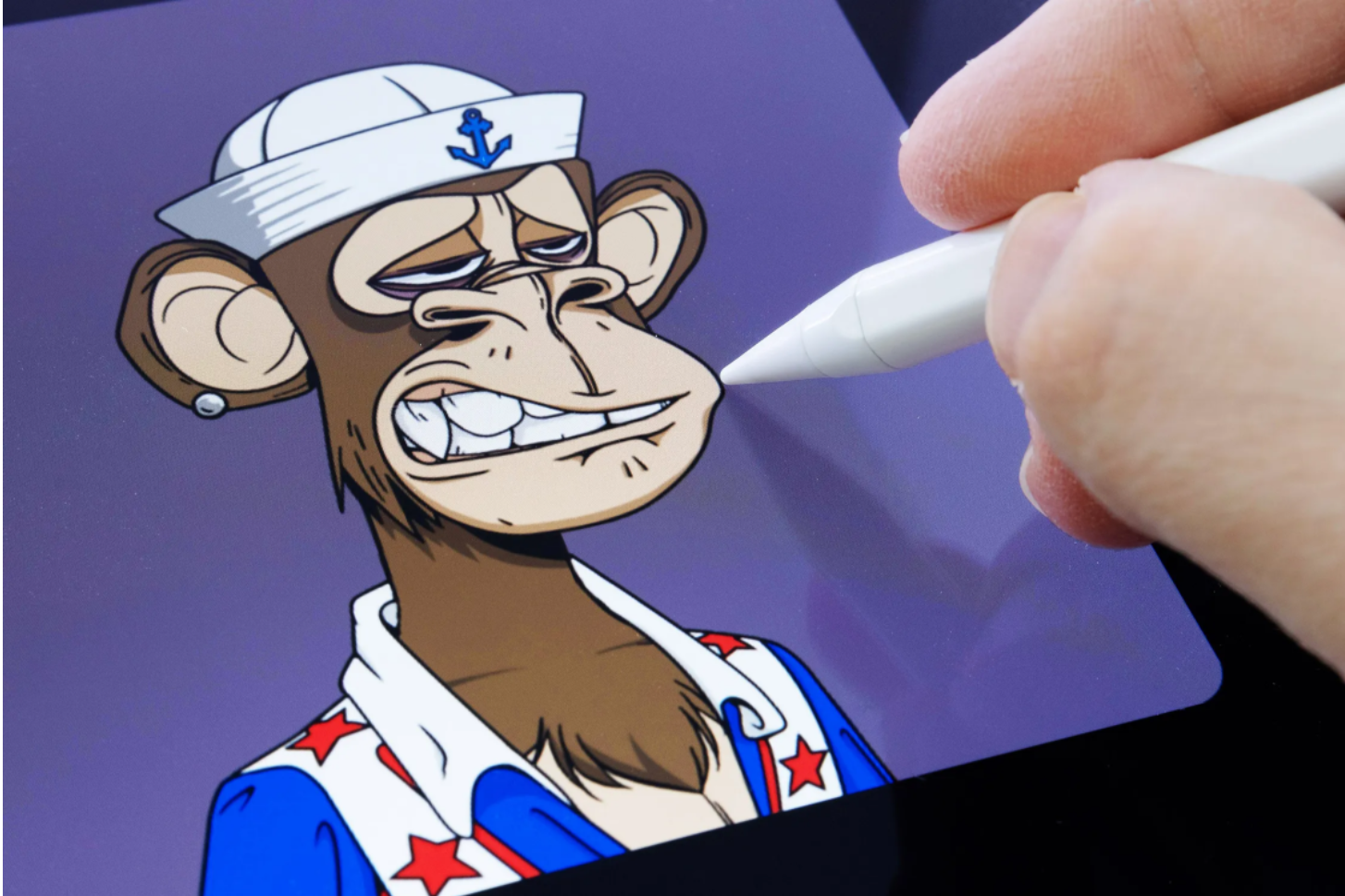NFTs and Copyright: What do you receive when you purchase an NFT?
Written by: Hasman Dhaliwal
It is likely that you did not make it through the past year without hearing the term “NFT”.
By way of blockchain, an emerging technology, the world has seen the creativity of cypherpunks generate value in unprecedented ways.
Non-fungible tokens (“NFT(s)”) are named such because each one is unique and distinguishable from another, sometimes by way of its artwork, and always by way of its signature on the blockchain. This is unlike Bitcoin, which is fungible as each bitcoin is indistinguishable from another (at least above the hood).
The past year has launched NFTs as a choice mode for art sales, a historically lucrative market. Despite the known value in the art market, it is staggering to hear that in February 2022, CryptoPunk #5822 was sold for US$23.7 million.
Astonishing price tags like this beg the question, what do you receive when you purchase an NFT? Can you print your NFT on a t-shirt and commercialize it?
Above the hood, you receive a digital artwork, unique by its signature on the blockchain. This artwork can be sold or transferred to another party. However, just like with physical art, the copyright remains with the copyright owner, and the moral rights remain with the artist unless waived.
The answer then is that no, you cannot commercialize your NFT without the express written assignment from the copyright owner.
Given the decentralized nature of the crypto space, it is often the intention of NFT founders that the copyright belong to whomever may own the NFT as evidenced on the blockchain.
The challenge with realizing this intention is that it is impossible to know who the owner of an NFT will be at a future date. Therefore, the NFT founder must contract to assign the copyright to an unknown future party.
Further, there are no published court decisions which have wrestled to solve this issue. As such we look to the Copyright Act, RSC 1985, c C-42.
As a starting point, the author of the artwork is the first owner of the copyright [1]. Copyright can be assigned, but it must be in writing, signed by the owner of the right [2].
In accordance with the above, one way to address this challenge is to:
(1) Have the artist of the artwork assign the copyright of the same to the NFT founder and simultaneously waive its moral rights, as moral rights cannot be assigned in Canada [3]; and
(2) Issue a term of sale respecting the NFT project, which expressly assigns the copyright of any given NFT to the holder of that NFT as evidenced on the blockchain.
The above solution is not without its drawbacks. One issue is that once copyright is initially assigned, it is then the right of the assignee to further assign. As such, a term of sale as described above may not be upheld. Despite this, it is a practical solution of addressing a novel issue in an emerging legal space.
[1] Copyright Act, RSC 1985, c C-42, s 13(1)
[2] Copyright Act, RSC 1985, c C-42, s 13(4)
[3] Copyright Act, RSC 1985, c C-42, s 14(2)
*Disclaimer: This article is not intended to provide legal advice and is for information purposes only.
Should you have any questions pertaining to this article or the area of cryptocurrency law, please do not hesitate to Hasman Dhaliwal at SB LLP.

